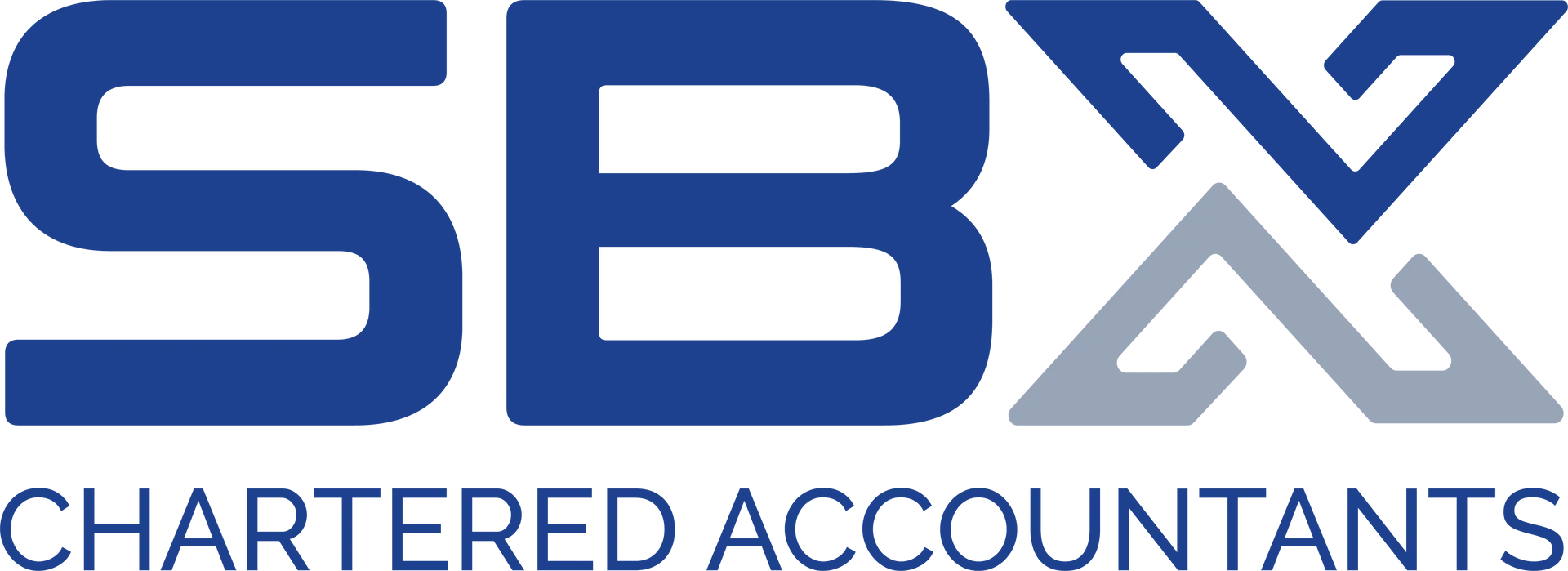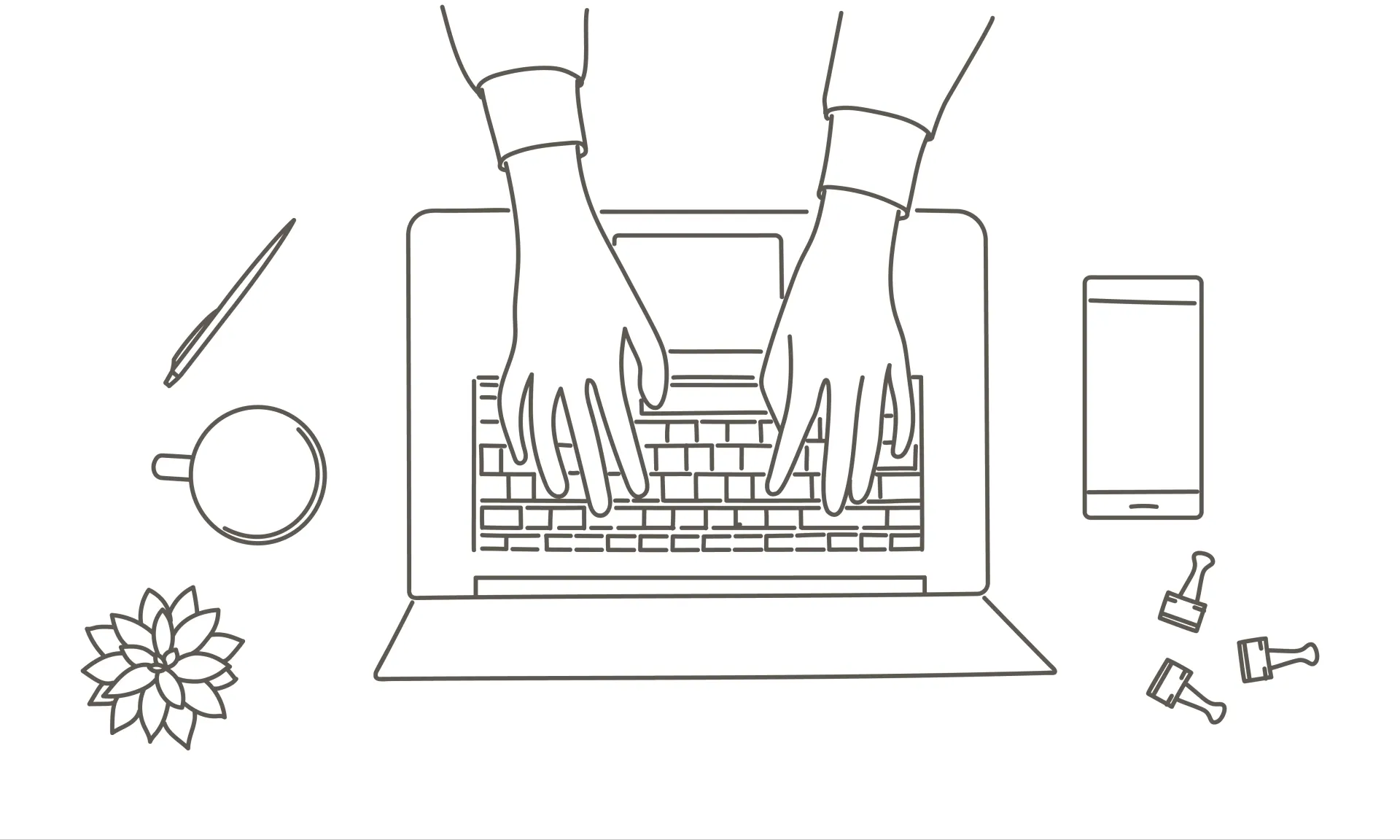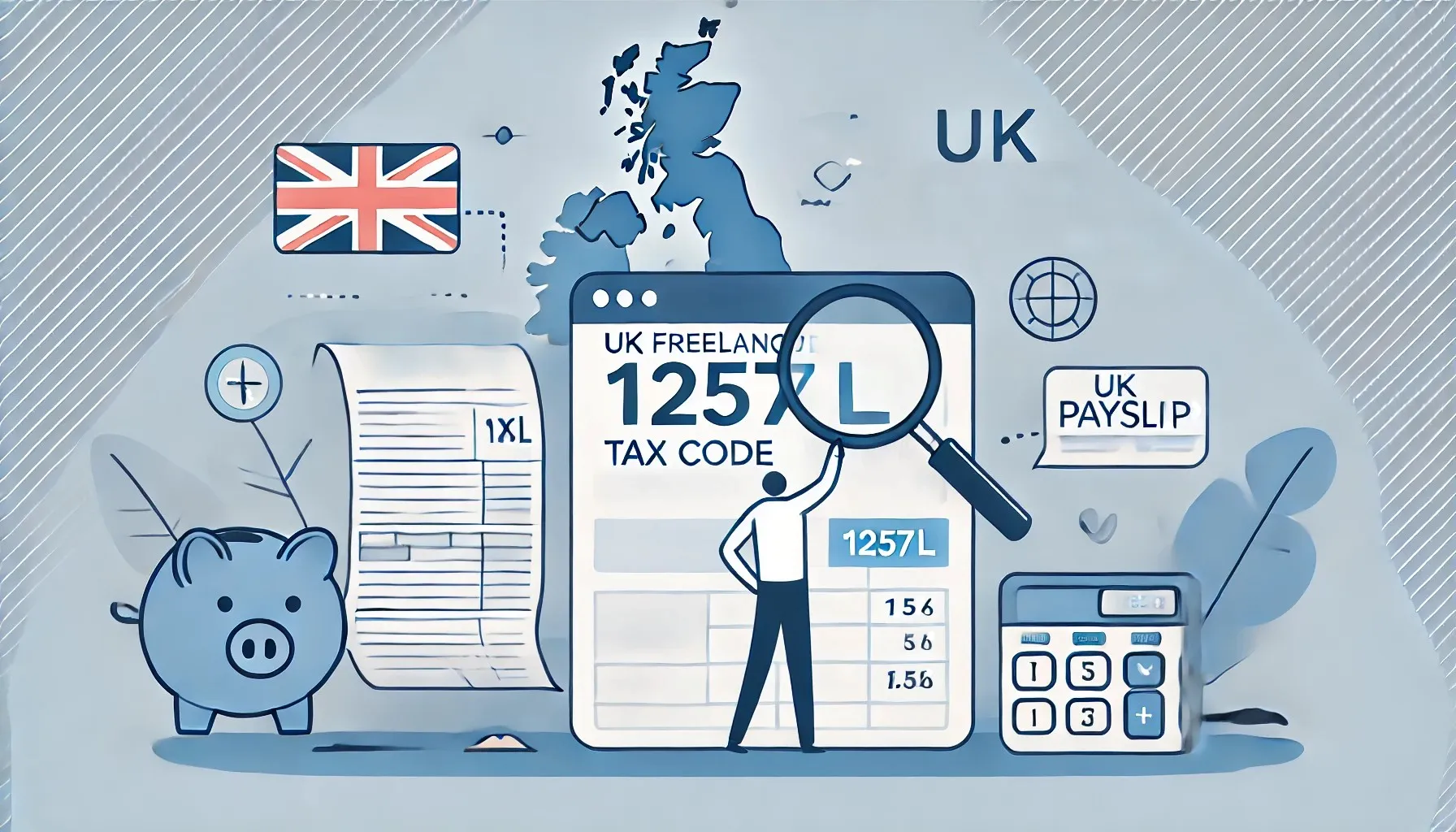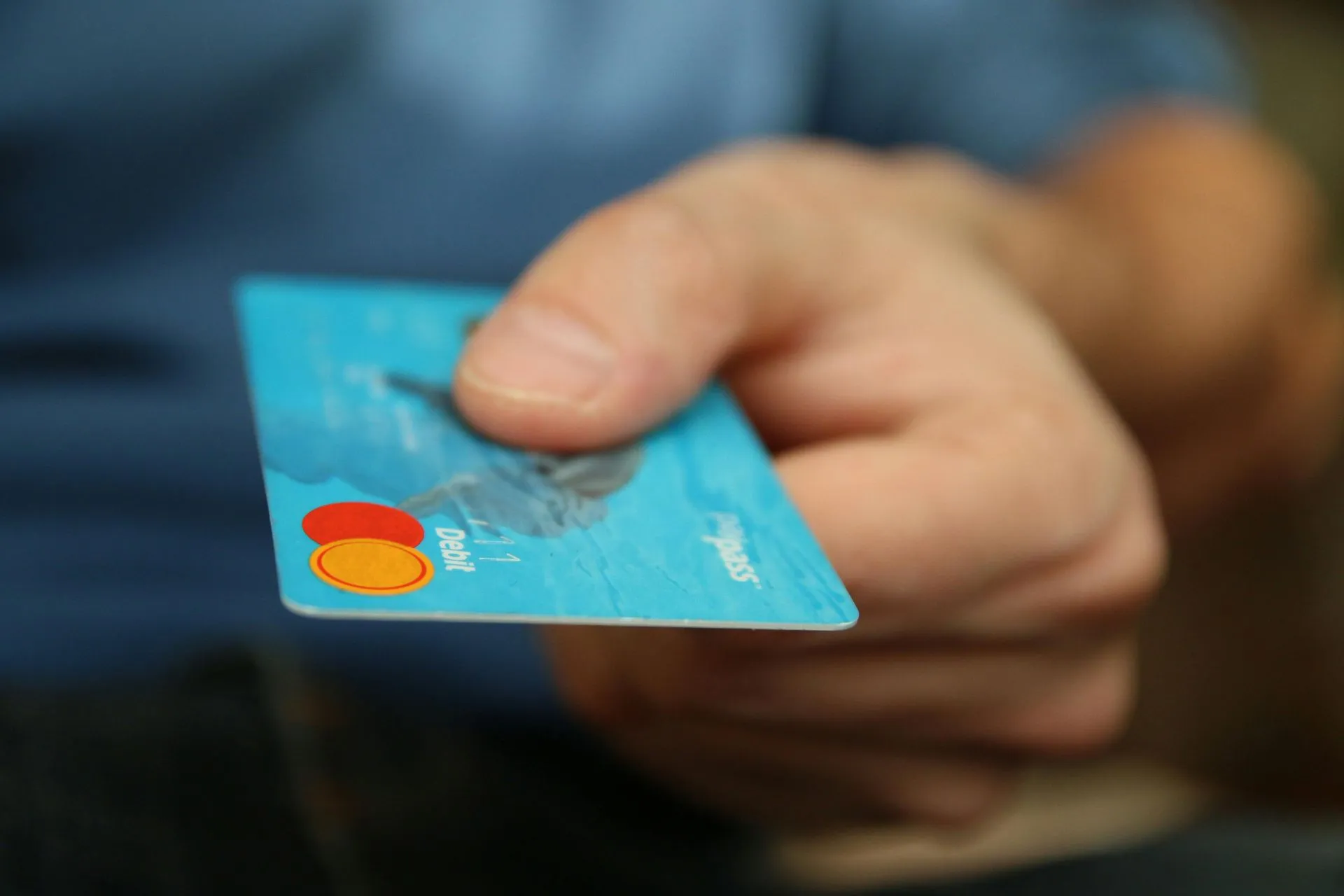A Straightforward Guide to VAT for UK Businesses
- 21 June 2025
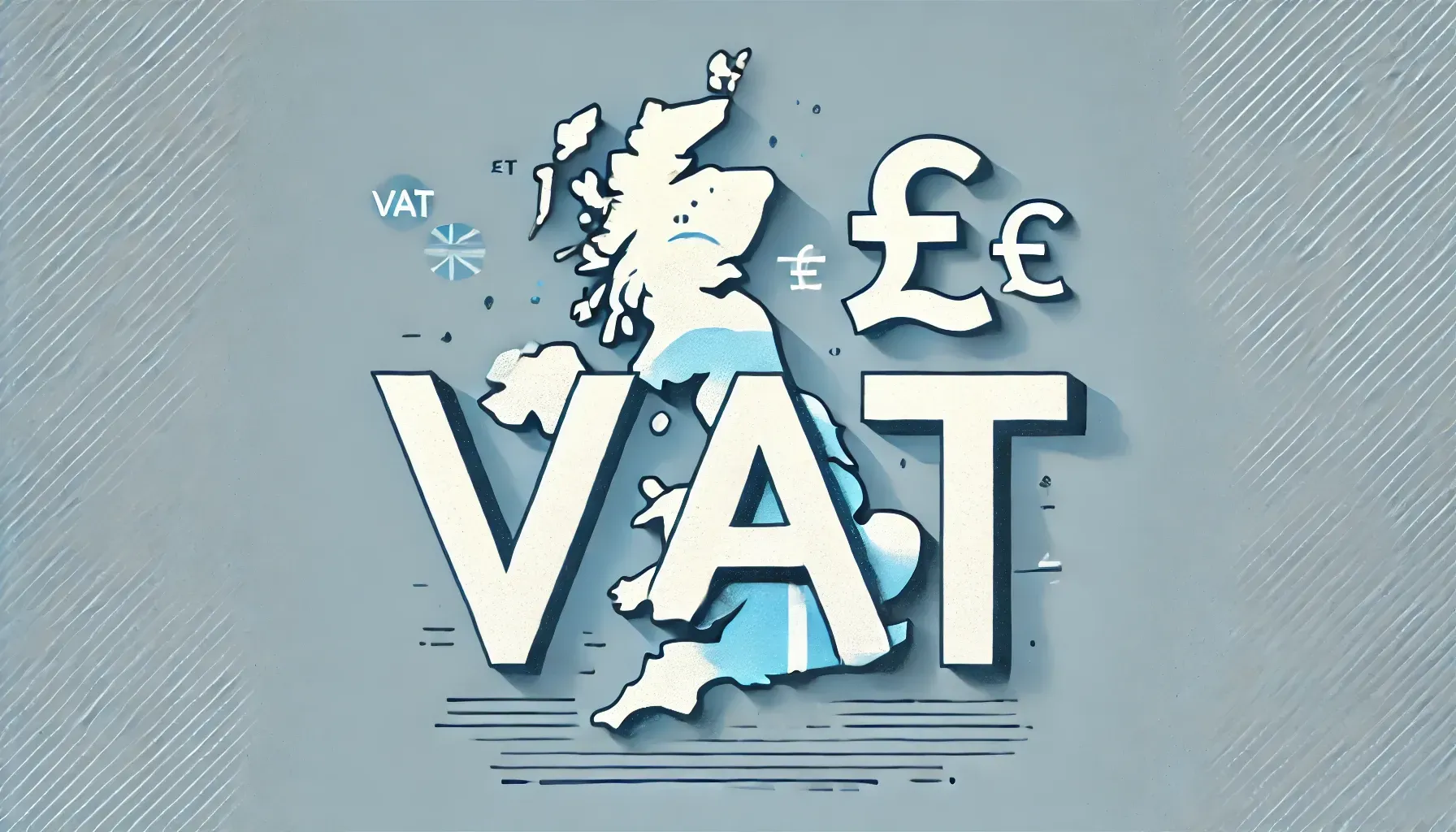
Guide to VAT for UK Businesses
VAT can feel like one of the trickiest parts of running a business, but understanding the basics goes a long way. Whether you’re self-employed, managing a growing company, or somewhere in between, staying on top of VAT helps protect cash flow, avoid penalties, and build credibility with clients.
This guide gives you a clear, updated overview of what you need to know to stay compliant and confident with your VAT obligations.
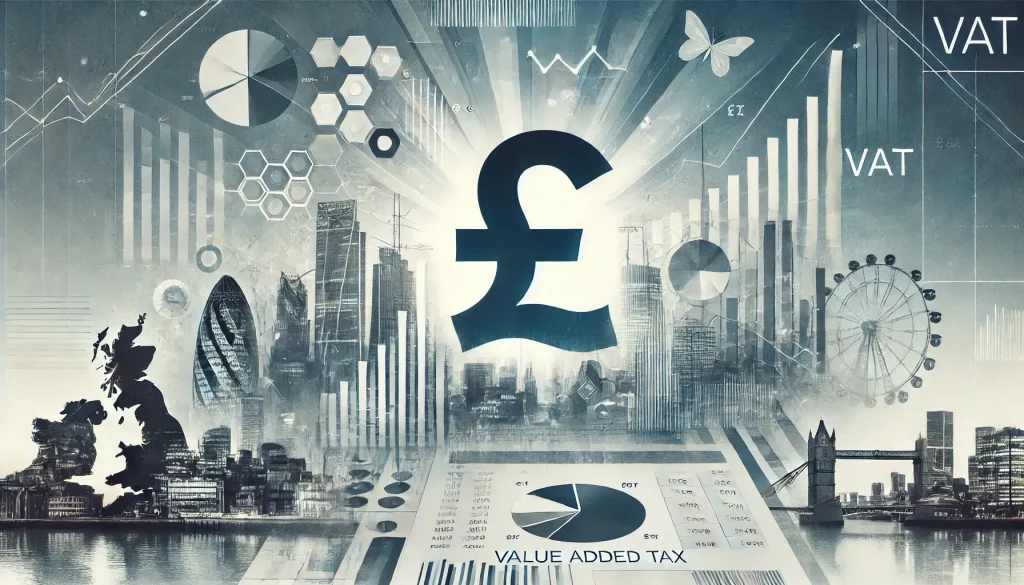
What Is VAT?
VAT (Value Added Tax) is a tax charged on most goods and services sold in the UK. It’s paid by your customers, but you’re responsible for collecting it and sending it to HMRC.
- You charge VAT on your sales
- You pay VAT on most business expenses
- You report the difference via VAT returns
It’s called “value added” because each business only pays VAT on the value they’ve added in the supply chain.
Do You Need to Register for VAT?
You must register if your taxable turnover exceeds £90,000 in any rolling 12-month period (2025/26 threshold).
Voluntary registration is also possible and may benefit you if:
- You mostly work with VAT-registered businesses
- You have significant VATable expenses
- You want to appear more established
Once registered, VAT becomes part of your regular business admin – so ensure it’s worthwhile.
Charging & Paying VAT
Charging VAT
If registered, you must:
- Charge VAT on all taxable sales
- Include your VAT number on invoices
- Apply the correct VAT rate
VAT rates:
- 20% Standard Rate – most goods and services
- 5% Reduced Rate – e.g. energy-saving materials
- 0% Zero Rate – e.g. food, books, children’s clothing
Important: You can’t charge VAT unless officially registered.
Paying VAT to HMRC
VAT returns are normally filed quarterly, and payment is due one month and 7 days after the period ends.
Payment methods:
- Direct Debit
- Bank transfer
- Debit/credit card
- Through your HMRC business account
Choosing a VAT Scheme
Different schemes suit different businesses:
Standard VAT Scheme
Charge VAT on sales, reclaim on purchases. Quarterly returns.
Flat Rate Scheme (for turnover under £150,000)
Pay a fixed % of your turnover. Less admin, but limited VAT reclaim.
Cash Accounting Scheme
Pay VAT only when you’re paid by your customers – great for cash flow.
Annual Accounting Scheme (for turnover under £1.35 million)
One return per year, with advance payments throughout the year.
Unsure which scheme is right? We’ll help you choose the most cost-effective option for your business.
Reclaiming VAT on Expenses
You can reclaim VAT on:
- Tools, equipment, stock
- Software (e.g. QuickBooks), subscriptions
- Business travel and mileage (restrictions apply)
You can’t reclaim VAT on:
- Client entertainment
- Personal expenses
- Purchases without valid VAT invoices
Tip: Good recordkeeping is essential. Under Making Tax Digital (MTD), records must be kept digitally. At SBX, we primarily use QuickBooks, but we also support Xero, Sage, and FreeAgent.
Avoiding Common VAT Pitfalls
❌ Failing to track turnover against the threshold
❌ Reclaiming VAT without proper invoices
❌ Claiming on vehicles without checking eligibility
❌ Poor recordkeeping – which may trigger audits
Frequently Asked VAT Questions
Is VAT based on turnover or profit?
Turnover. VAT is not related to profit.
Can I register before hitting £90,000?
Yes, voluntary registration is allowed and can be strategic.
Can I reclaim VAT on costs before registering?
Yes — up to 4 years on goods and 6 months on services, if still in business use.
How often do I file VAT returns?
Usually every 3 months, unless on the Annual Accounting Scheme.
Do I need accounting software?
Yes. Under MTD, VAT-registered businesses must use compatible digital software to maintain records and file returns.
Need Help with VAT?
Understanding VAT is just the start. Staying compliant, filing correctly, and picking the best scheme are where most businesses slip up.
SBX Accountants helps you:
✅ Register for VAT
✅ Choose the right scheme
✅ Set up MTD-compliant software
✅ Reclaim correctly
✅ File quarterly returns
✅ Avoid penalties and audits
📞 Visit sbxaccountants.com to get started with expert VAT support.
